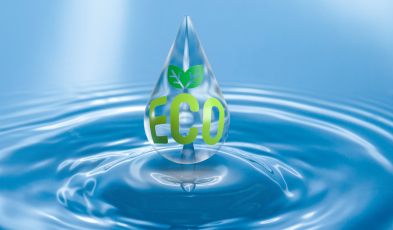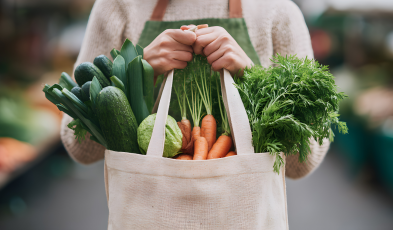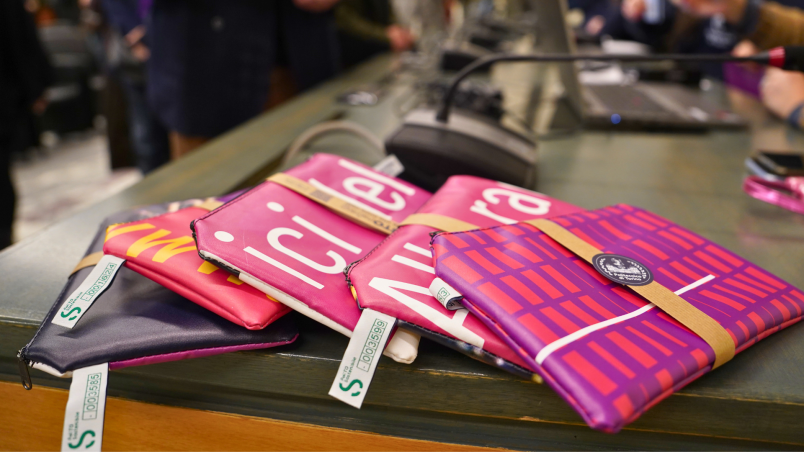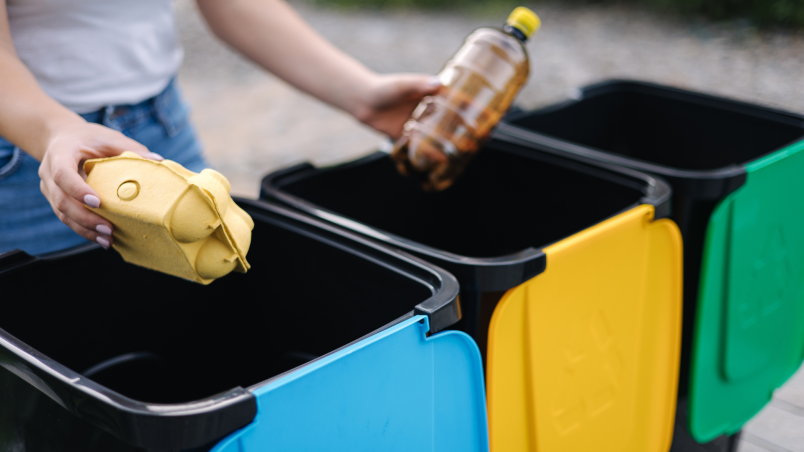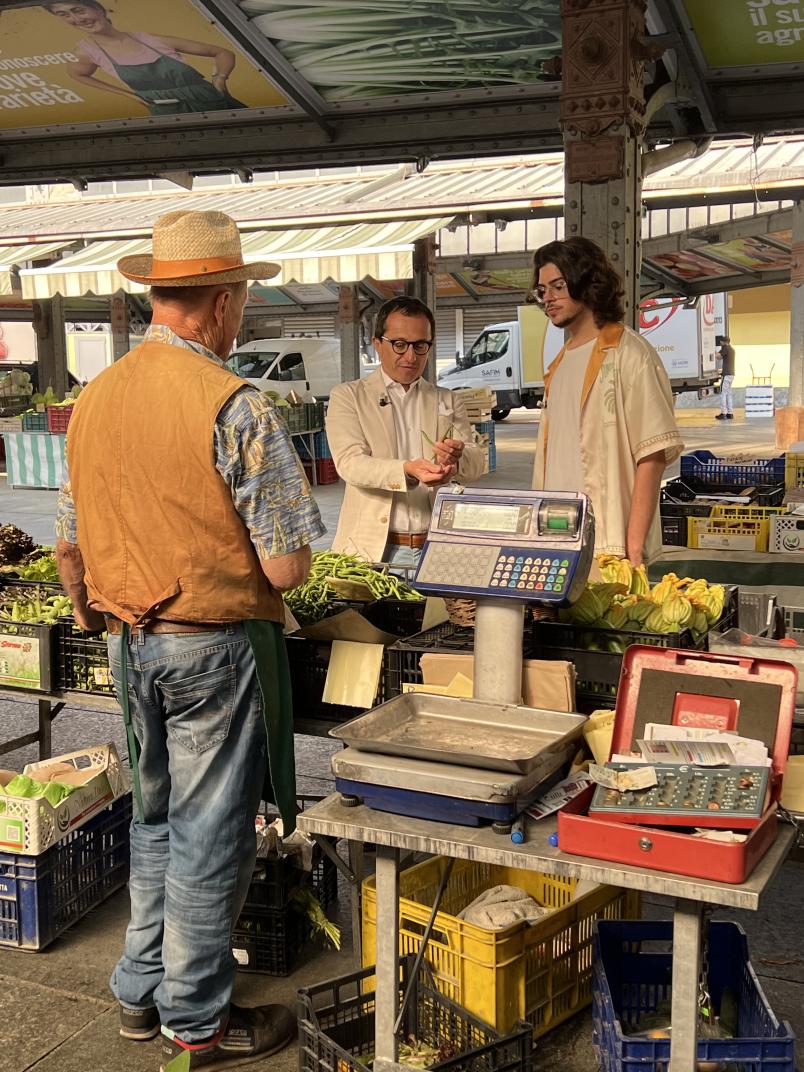Politecnico di Torino is committed to promoting the responsible management of resources by promoting the reduction of consumption, discouraging waste, and favoring recycling and reuse policies with a view to a circular economy.
The actions implemented by the University in the area of Resources concern:
- The management of waste disposal, which translates into reducing and rationalizing waste and thus decreasing its environmental impact, following the “reuse-recycle-reduce” approach to complete closure of the product life cycle sustainably;
- The management of water resources by monitoring consumption and promoting strategies to reduce the waste of water;
- The enhancement of the sustainability of the agri-food supply chains. The university canteens and other food services rely on local and organic providers or purchase sustainable and certified food products (DOP, DOCG Fairtrade certification) for the preparation of sustainable and healthy meals.
- The responsible management of the procurement. Materials and consumables purchased by the University follow the guidelines of Green Public Procurement in a way that respects the environment without forgetting the affordability of procurement. Sustainability policies in this regard cover all purchases, including those of consumables, electronic equipment and beverages, cleaning products, furniture, and more. Purchases thus respond to the guidelines of the CAM (criteri ambientali minimi) and the APE network promoted by Arpa Piemonte and the Metropolitan City of Turin.
Pursuing Politecnico campuses sustainability in terms of "Circular Economy" means reducing the production of waste, thus decreasing its environmental impact, following the "reduce-reuse-recycle" approach.
Limiting the production of waste, encouraging the reconditioning and reuse of goods, and managing the proper disposal of waste within the University through specific projects are all initiatives that characterise the activities of this sector.
Water is a precious resource, and its availability and management problems affect many areas.
The Politecnico has always paid particular attention to the responsible use of water. In its building projects, it pays attention to sustainable resource management, encouraging the experimental use of non-drinking water (rainwater or purified water) for uses that do not require drinking water, and monitoring drinking water consumption.
In all this, it is also necessary for students and staff of the University to participate in water sustainability policies, contributing to the actions with intelligent management of the resources even on a personal level while on campus.
Rainwater harvesting
In the recently constructed campus buildings (Energy Centre and Residenza Mollino), systems have been set up to collect and store rainwater for later use for irrigation or toilet flushing.
Reducing water consumption
Various strategies have been adopted to limit the water consumption of activities in the University, such as the installation of flow reducers in toilets and aerators for washbasins, and the monitoring of consumption in real time
Green Management
In the Athenaeum's green areas, the plants and shrubs planted are native with a low demand for irrigation throughout the year.
Sustainable food represents one of the most urgent and crucial challenges for the future of our planet.
From agricultural production to industrial processing, from distribution to consumption, every stage of the food supply chain has a significant impact on the environment, the economy, and society. Promoting sustainable food systems means reducing greenhouse gas emissions, preserving biodiversity, protecting water and soil resources, and ensuring fair working conditions and access to healthy food for all.

